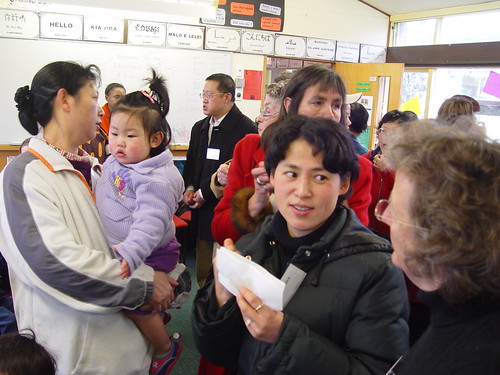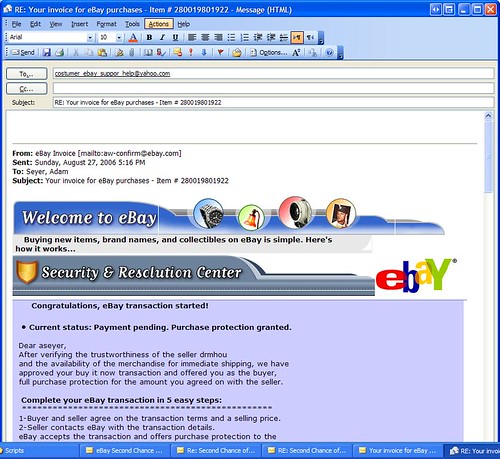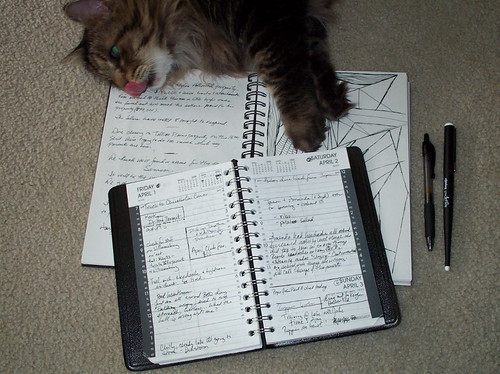I recommend that you take a look at the BBC and ABC newsclips first, to get a quick overview.
Today I introduced the concept to my class. Imagine an ideal conversation assistant, I told them, who was available 24/7, who didn't mind your mistakes, who never grew tired and could chat with you in your own home.
Well, everyone logged on and accessed www.jabberwacky.com and started chatting. Amazing! The students couldn't believe that there wasn't a real person on the other end of the line. I found it difficult to believe myself.
I've been in touch with Rollo Carpenter, mentioning my intent to explore the site with the class. Rollo replied:
Let me know how it goes. I expect it will be almost too useful (in
terms of visitors) if George starts speaking aloud in a good voice. He is
already able to, but it's server-based and costly in terms of hardware and
licences. If it was pay-to-speak, how much do you think might be feasible
in the ESOL market?
There is talk, not all tongue-in-cheek I trust, of 'George' finding employment in a call centre. I also see George as a conversation assistant for ESOL students. Were George able to speak out aloud, I wonder about his (its?) tolerance to accent and pronunciation. You would not want George to be too good at interpreting mumbles and misspronunciations, and you would want George to encourage self-correction when students spoke too far off the beaten track as it were.
As a side note, we checked to see if George could answer factual questions. We asked what the capital of New Zealand was. He said he didn't know, and so we 'taught' him. I got the class to repeatedly ask the question in various ways, and after 10 minutes he was asking us the question, and telling us that we were right when we answered.
Not sure what this means in terms of learning. All very exciting . . . and weird!
Watch this space!




